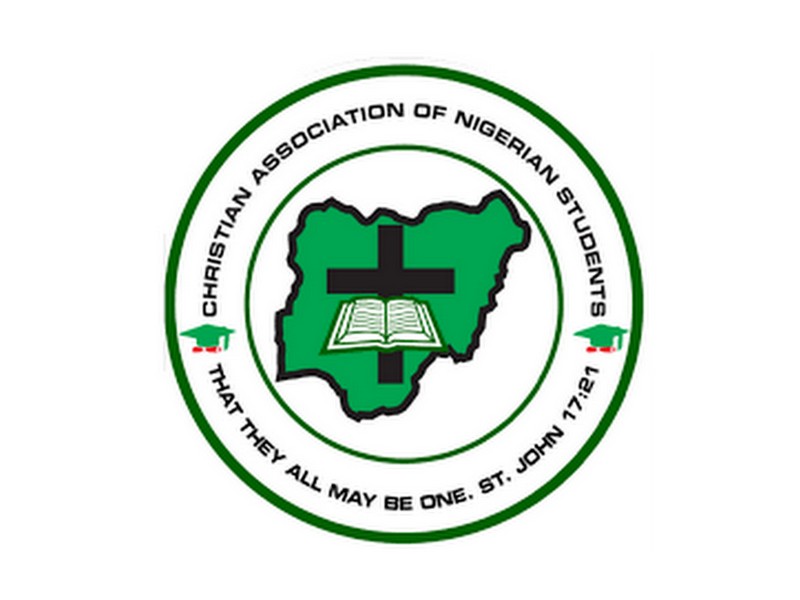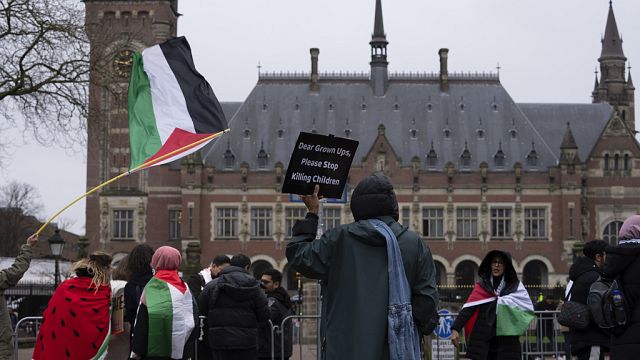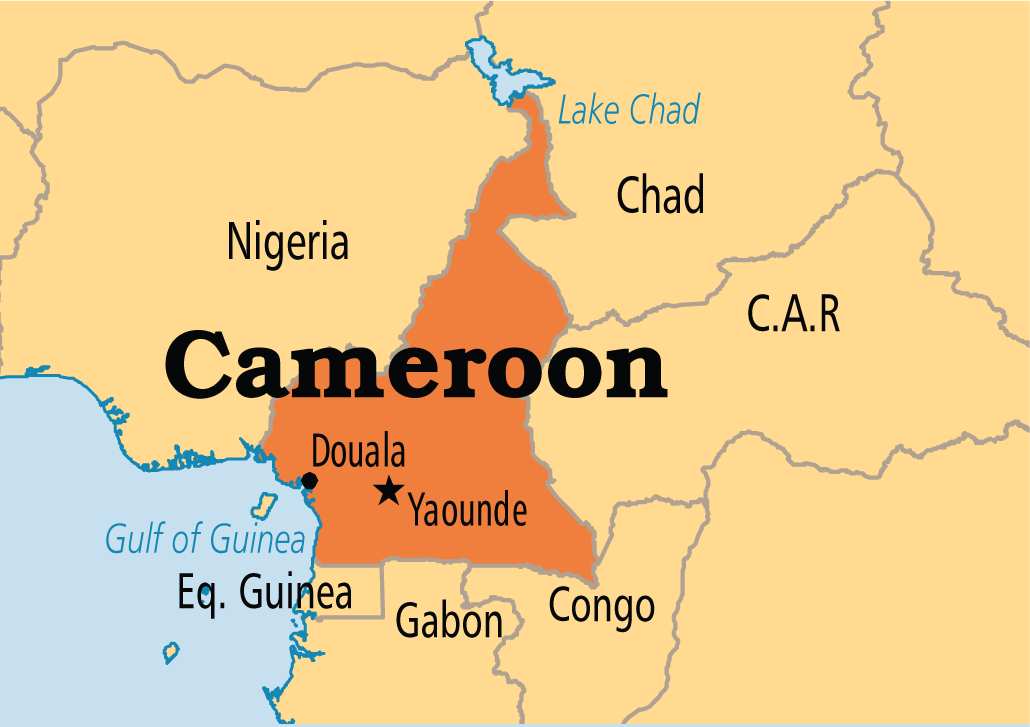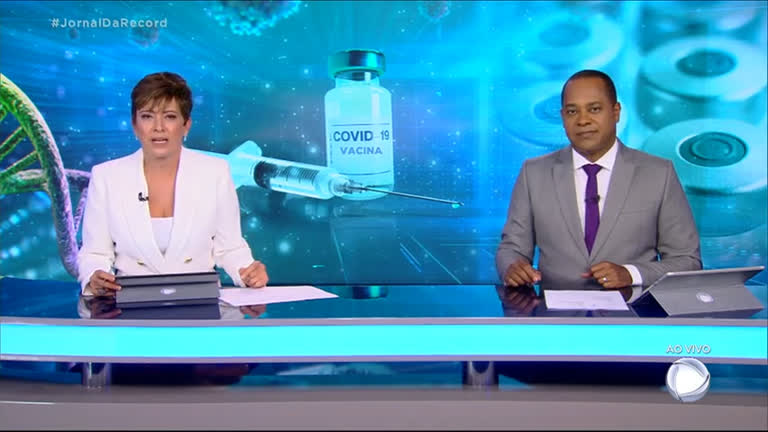On Monday, January 24, the Parliament in joint session and the regional delegates will meet for the election of the next President of the Italian Republic.
In the weeks prior to the call, several hypotheses have emerged about the successors of Sergio Mattarella. Among the possible candidacies, however, one has acquired particular media and political importance: that of Silvio Berlusconi.
In general, when trying to outline the institutional profile that could occupy the position in the Quirinale, the concept coined by Benjamin Constant helps us, according to which the President of a Republic must be the expression of a pouvoir neutre et preservateur.
The Genevan intellectual in the writing “Fragments” ( 1810) shows that the president fulfills a function of balance and safeguard in the life of a republic , intervening, as supreme guarantor of the constitution, whenever it is threatened by conflicts between the executive and the legislature. In this sense, in substance, the president performs a function of judge-arbitrator, for which full impartiality and equidistance are required. For this reason, Constant defines the president as a neutral power, that is to say, not active, since he cannot, in any case, replace -by vicariously executing legislative or executive functions- the two powers that he must judge.
Why The Economist chose Italy as “Country of the Year” in 2021
The paradigm of the figure of the President, represented in one of the classics of modern constitutionalism, acquires the contours of the exact antithesis of who is and has been the president of Forza Italia. His political career, in effect, has been a succession of promises (constantly repeated during election campaigns and even while he was in office president of the council of ministers), which have subsequently been unfulfilled (reduction of fiscal pressure, administrative simplification, reduction of public spending), rather in many cases his government action has not only neglected the programs-slogans, but has also has headed down a diametrically opposite path.
Berlusconi’s governments have seen a considerable increase in public spending, without any tangible advantage, given that it has often financed useless works and also not carried out (the emblematic case of the structure La Maddalena for the G8 of 2009), with the sole result of making the situation of public finances even more precarious.
Leaving aside the judicial processes that have seen him charged and the final sentence for tax fraud, I believe that the contempt that Berlusconi has expressed for the rules and procedures of liberal democracy and the contempt for the institutions that have determined his conduct (a significant case is that of the conviction for corruption in the sale of senators), make him structurally unsuitable for performing the functions of Head of State. This task certainly cannot be combined with that of someone who has believed he could be legibus solutus, using the parliamentary majority to pass laws ad personam. The list would be truly enormous, but, among several, symbolic is the case of the so-called Lodo Alfano (Law No. 124 of July 23, 2008), later declared unconstitutional with a sentence of the Constitutional Court of October 7, 2009, no. 262. That law, in fact, violated articles 3 (paragraph 1: all citizens are equal before the law) and 138 of the Italian Constitution.
Italy once again welcomes Argentines traveling for tourism
What in a way is even more worrying than the possible election of Berlusconi is, however, the attitude of a sector of public opinion. Along with the criticism and indignation expressed by authorized constitutionalists and some newspapers, there are newspapers and courtly intellectuals who uncritically advocate the cause of the Cavaliere and who, finally, lukewarm and indifferent , contemplate the event, in a perspective of moral abdication, thus justifying the separation between politics and culture and between thought and action.
I believe that such a delicate and decisive issue in the political-institutional balance of the Country cannot be considered as a secondary issue due to the Covid emergency and the economic and financial problems that plague Italy. The moral value of an election that is capable of identifying a prominent figure, an expression of national unity and that guarantees compliance with the Constitution is absolutely necessary. You need a person with whom it is possible to identify, a figure who has distinguished himself by battles for human, civil and political rights, a personality who has shown responsibility, balance and spirit of dialogue, inviting the forces of the Republic to collaborate. At the Quirinale, a person aware of the duty to represent the image of Italy in the world and who unites in his work the liberal and democratic values, the history and the secular culture of the Country is needed.
También te puede interesar
Note: This article have been indexed to our site. We do not claim legitimacy, ownership or copyright of any of the content above. To see the article at original source Click Here












